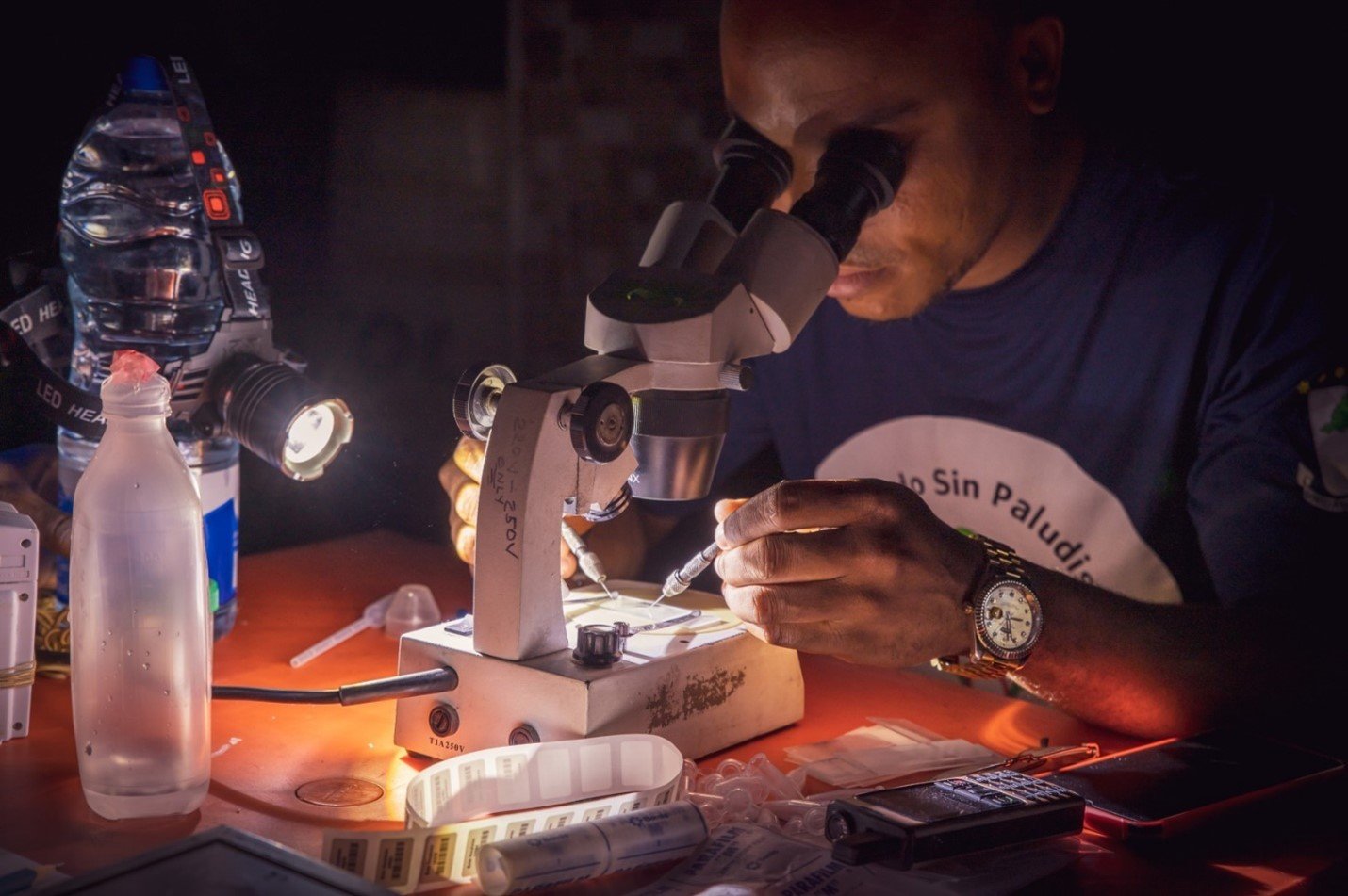The University of California Malaria Initiative (UCMI) announced a new partnership with the Government of Equatorial Guinea on the sidelines of the United Nations General Assembly (UNGA), which took place in New York City in September. The partnership will support the implementation of Equatorial Guinea’s Vision 2030 strategy for malaria elimination. Despite progress in fighting malaria, the disease remains a major public health concern in the country, particularly in rural and under-resourced areas.

Bioko Island. Photograph: MCD Global Health
Building on over two decades of impact through the MCD Global Health’s (MCD) Bioko Island Malaria Elimination Project (BIMEP), this new collaboration will support the Ministry of Health’s ongoing efforts to eliminate malaria. The long-running BIMEP project has achieved a 78 percent reduction in malaria prevalence and eliminated two major mosquito vectors on Bioko Island.
As a scientific partner, UCMI will work with the Ministry of Health, National Malaria Control Program, BIMEP and MCD Global Health to advance research and support implementation of new malaria control strategies including the UCMI genetically modified mosquito. Drawing on its expertise in vector and malaria control research, UCMI will contribute to the advancement of innovative malaria control tools and strategies to ensure that Equatorial Guinea benefits from the latest scientific developments and best practices in full alignment with national priorities and community engagement.
Vision 2030 extends malaria elimination efforts beyond Bioko Island to Annobón island, and the mainland, where transmission remains high. The country’s mix of island and continental ecosystems provides a unique opportunity to refine integrated malaria strategies suited to diverse ecological and social settings. By combining existing interventions with scientific innovation, Vision 2030 offers a framework for achieving and sustaining malaria elimination nationwide.

National Entomologist, Juan Edu Bang Nchama, BIMEP, dissecting a mosquito for parity studies. Photograph: MCD Global Health
Alongside Vision 2030, the Ministry of Health has also established a Technical Advisory Group (TAG) for Malaria Elimination, which will bring together national and international experts to provide independent, evidence-based guidance on the integration of both proven and new malaria control tools. With the launch of Vision 2030 and the creation of TAG, Equatorial Guinea continues to demonstrate regional leadership in global health innovation.
Learn more about UCMI’s work here and follow their latest updates on LinkedIn and Facebook.
